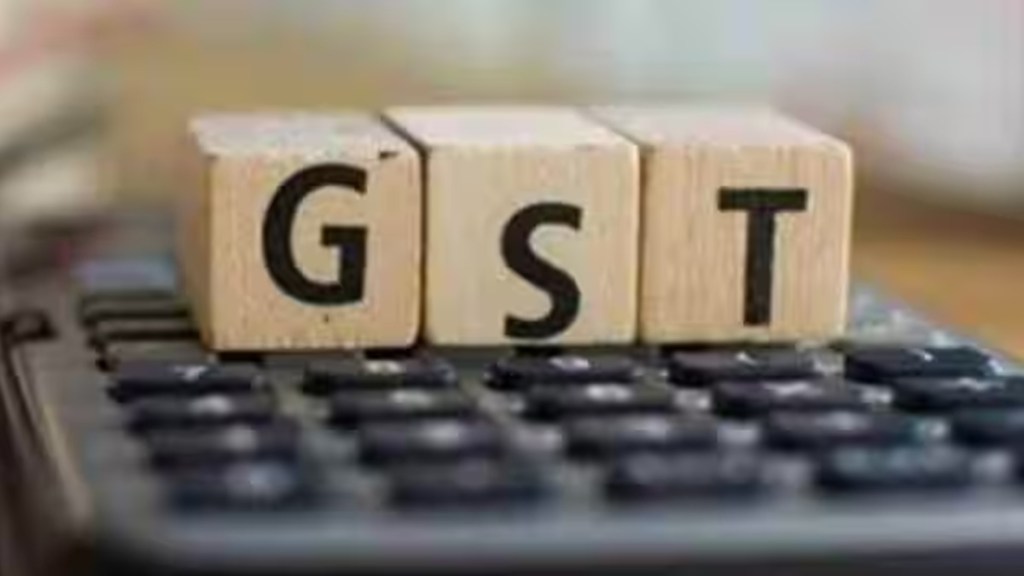Offshore digital service providers will have to pay 18% integrated goods and services (GST) tax in India from October 1, whether or not the buyers are businesses or end consumers.
This follows the amendments made in the Integrated Goods and Services Tax (IGST) Act, done via the Finance Act, 2023.
The idea is to shift the obligation to pay the tax to the service providers – rather than the users — for greater ease of tax collection. Of course, the tax liability will fall on those who import such services for personal use, and businesses using such services will likely load the tax on to the price to the end consumer.
The policy change will increase the compliance burden of offshore digital service providers including the likes of Google, Amazon and Netflix, tax experts said.
Digital services are provided to Indian consumers from abroad in assorted areas like education, advertising, music, and a significant part of these are rendered to unregistered users.
At present, overseas entities who are providing digital services—or OIDAR (Online Information Database Access and Retrieval) services–to unregistered persons in India, are not attracting tax for such sales, as these are for non-business purposes. Through the amendment, the government has now made offshore entities pay GST for services provided for both business and non-business purposes.
The amendment seeks to reduce ambiguities with respect to OIDAR taxation, which existed earlier.
“The condition of ‘minimal human intervention’ in the definition of OIDAR earlier resulted in ambiguity in classifying the services as OIDAR. The definition stands amended from 1st October and now such services provided through online medium would be subject to GST,” said Sandeep Sehgal, Partner- Tax, AKM Global.
Earlier, entities which provided educational services through showing videos were tagged under ‘minimum human intervention’ and escaped from paying GST. Now, such exemptions have been removed.
The responsibility to collect and pay the 18% IGST would fall with the OIDAR service provider located abroad on all the transactions for non-commercial purposes. The person utilising for business purposes would ordinarily pay it on reverse charge basis.
Mahesh Jaising, Partner, Leader – Indirect Taxes, Deloitte India said that service providers will need to revisit their position to ensure Indian users are charged a GST on all suppliers to customers.
“Also, the amendment seeking to expand the coverage of the tax could impact other services that were hitherto not taxable like live-streaming of virtual concerts, online counselling, edtech services, other professional services provided electronically (marketing, accounting), etcetera,” he said.

